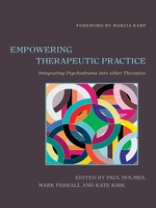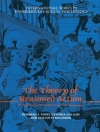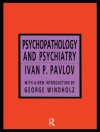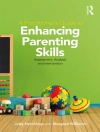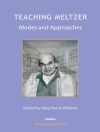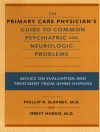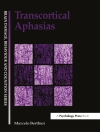This book explores the exciting areas of overlap between psychodrama and other therapeutic schools and presents opportunities for their creative interaction and integration.
Psychodramatists, to varying degrees, integrate the ideas and philosophies of other forms of psychotherapy into their clinical practice. Similarly, other therapists make use of the action methods of psychodrama. This edited volume contains contributions from a variety of dual-trained therapists qualified in psychodrama and trained in another therapeutic modality, including dramatherapy, occupational therapy, art therapy, family therapy, cognitive behavioural therapy (CBT), and more. Each chapter considers a different model of interaction and integration between therapeutic schools and explains how they can enhance and enrich a therapist’s professional practice. In doing so, this book reveals an understanding of the core commonalities of the therapeutic process.
With clinical case studies illustrating enhanced practice through creative interaction of the therapeutic schools, this book will be of interest to psychodramatists and all other therapists who integrate action techniques into their clinical practice.
Tabla de materias
Foreword. Marcia Karp, group and individual psychotherapist and trainer, educator and practitioner in psychodrama. Glossary: An Introduction to Psychodrama Concepts and Terms. Marcia Karp and Mark Farrall, forensic psychologist and psychodramatist, Director of Ignition. 1. Introduction: The Integration of Psychodrama and other Modalities. Paul Holmes, child and adolescent psychiatrist, adult psychoanalytic psychotherapist and psychodrama psychotherapist, Kate Kirk, psychodrama psychotherapist, researcher and trainer, and Mark Farrall. 2. Psychodrama and Mentalization: Loosening the Illusion of a Fixed Reality. Anna Napier, clinical specialist occupational therapist and psychodrama psychotherapist, and Anna Chesner, psychodrama and group analytic psychotherapist. 3. Psychodrama and Group Analysis. Mary Levens, Group Analyst, Institute of Group Analysis. 4. Passion in Action: Family Systems Therapy and Psychodrama. Chip Chimera, psychodramatist and systemic family psychotherapist, Director of Centre for Child Studies, The Institute of Family Therapy, London. 5. Cognitive Behavioural Therapy and Psychodrama. Bernadette Hammond, high intensity therapist and psychodrama psychotherapist. 6. Integrating Psychodrama with Attachment Theory: Implications for Practice. Clark Baim, Senior Trainer in Psychodrama Psychotherapy and Co-Director of the Birmingham Institute for Psychodrama, UK. 7. Hypnotherapy, Altered States of Consciousness and Psychodrama. Eberhard Scheiffele, theatre artist, psychotherapist and psychodramatist. 8. Scenes From a Distance: Psychodrama and Dramatherapy. John Casson, dramatherapist and psychodrama psychotherapist. 9. Psychodrama Informed by Adaptive Information Processing (AIP): The Theory Underpinning Eye Movement Desensitization Reprocessing (EMDR). Kate Bradshaw-Tauvon, psychotherapist and Co-Founder of Stockholm Institute for Psychodrama, Sociometry and Group Psychotherapy. 10. The Owl and the Pussycat: Psychodrama, Other Therapies and Young People. Kate Kirk and Carl Dutton, psychodrama psychotherapist and mental health nurse. 11. Psychoanalysis and Psychodrama. Teresa M. Brown, psychodramatist, trainer, supervisor and examiner. References.
Sobre el autor
Clark Baim has 25 years of experience working internationally as a trainer, group leader, supervisor and consultant working with organizational change. He is a registered psychotherapist and senior trainer with the British Psychodrama Association, and he is Co-Director of Change Point Ltd., which offers staff training in a wide variety of organizations. He is also Co-Director of the Birmingham Institute for Psychodrama. Clark has published extensively on supervision, groupwork methods, psychotherapy, attachment theory, applied theatre and offender treatment.
